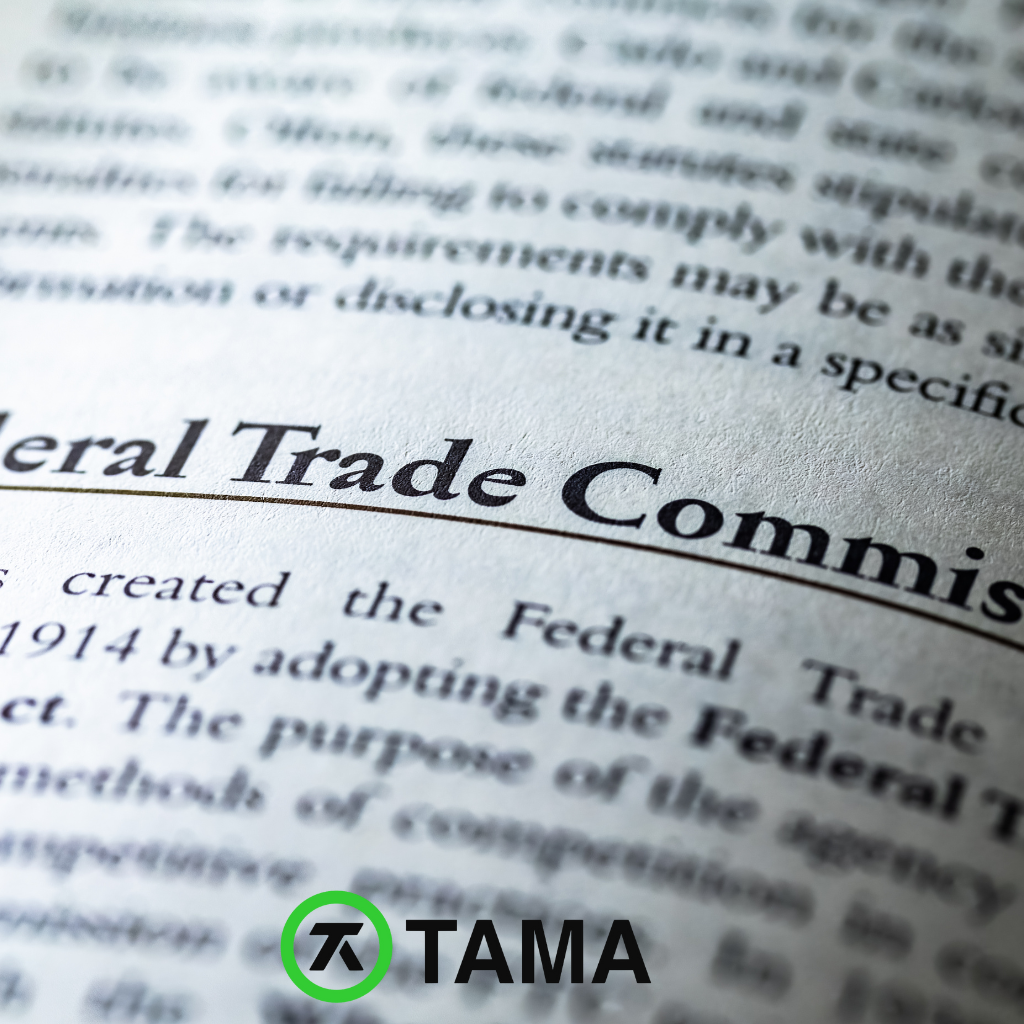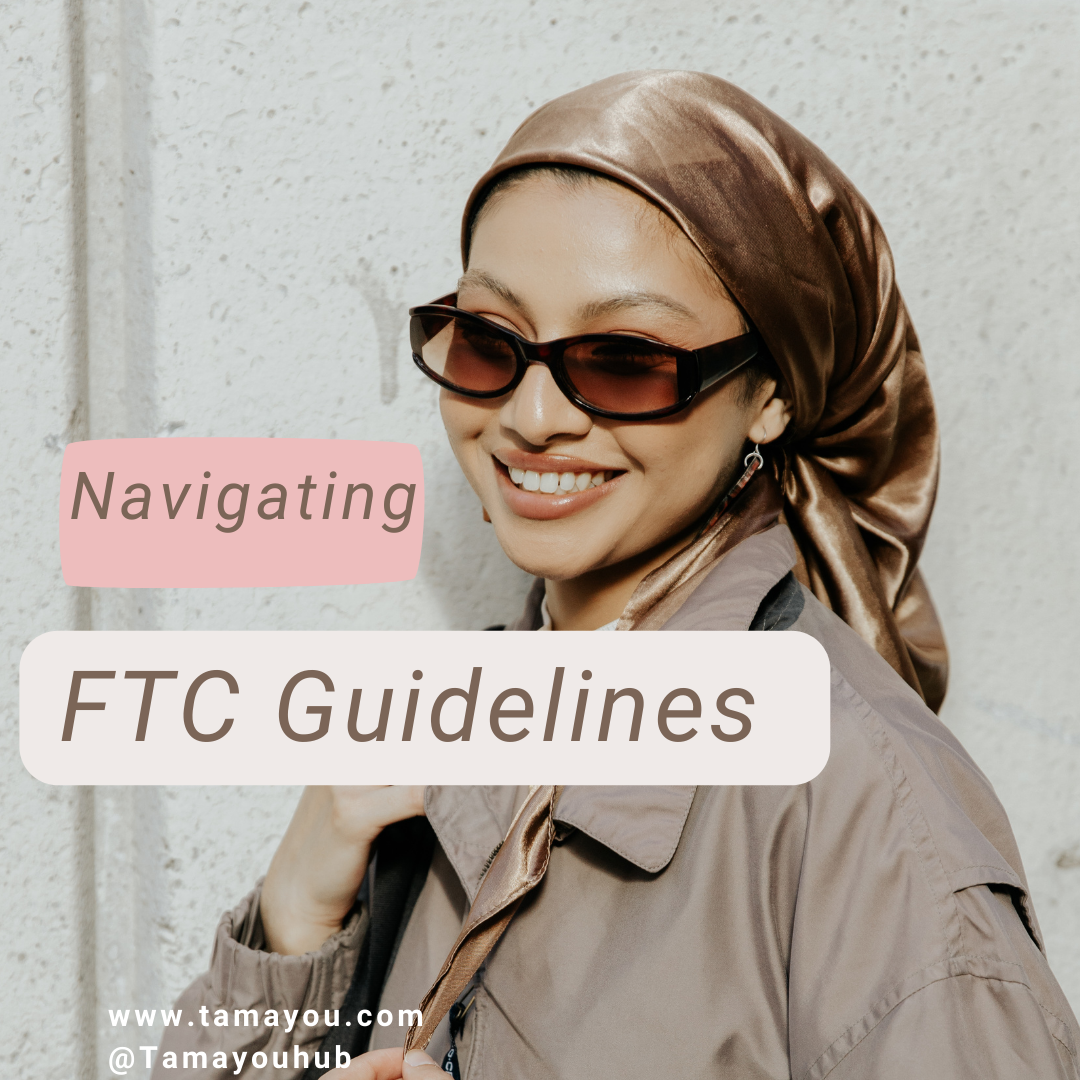In the evolving world of digital marketing, influencer marketing continues to be a powerful tool for brands to connect with their target audience. However, as brands leverage influencers to enhance their reach and engagement, it’s crucial to shine a spotlight on the ethical landscape of influencer marketing. We will explore key ethical aspects, emphasizing transparency in sponsored content and the imperative of avoiding misinformation.
Unveiling Transparency: The Foundation of Ethical Influencer Marketing
First and foremost, ethical influencer marketing hinges on transparency. As influencers collaborate with brands, it’s paramount that they openly disclose any sponsored content. This not only builds trust with their audience but also adheres to ethical guidelines set by regulatory bodies. Striking a balance between authentic content creation and transparent collaboration ensures that consumers can differentiate between genuine recommendations and promotional material.
The emphasis on disclosure and ethical practices cannot be overstated. Complying with Federal Trade Commission (FTC) guidelines is not merely a legal requirement but a fundamental aspect of maintaining transparency. It ensures that consumers are not misled by covert advertising tactics. The FTC mandates clear, conspicuous, and easily noticeable disclosures. It discourages the use of ambiguous terms that may obscure the nature of the influencer-brand relationship. Disclosing partnerships not only builds trust but also enhances an influencer’s reputation. Selecting brand partnerships aligned with personal values fosters integrity and strengthens connections with the audience. In essence, prioritizing disclosure, adhering to ethical guidelines, and going beyond compliance contribute to a robust foundation. The result is a successful and credible influencer marketing campaign in the current digital landscape.
The Ripple Effect of Misinformation: Navigating the Hazards
Steering clear of misinformation is a cornerstone of ethical influencer marketing. Influencers wield significant influence over their followers. This makes it imperative for them to verify the accuracy of the information they share. Whether it’s product claims or health-related endorsements, influencers must conduct due diligence to prevent the inadvertent spread of misinformation. Upholding accuracy not only safeguards the reputation of influencers but also fosters a responsible digital ecosystem.
A notable case of influencers not following ethical rules involves the wellness influencer Belle Gibson. Ms. Gibson falsely claimed to have cured her cancer through natural remedies and diet changes. Gibson built a large following and even launched a successful app and cookbook based on her claims. However, it was later revealed that she never had cancer. This led to public backlash, legal actions, and a significant loss of trust in her. Don’t be like Belle!.
Another example is the Fyre Festival, heavily promoted by social media influencers as a luxury music event on a private island. Influencers shared promotional content without disclosing it was paid advertising or verifying the festival’s capability to deliver the promised experience. The event disastrously failed to meet expectations, resulting in legal actions. Furthermore, it caused a broader discussion about influencer responsibility and the need for transparency in promotional content.
These cases underscore the critical need for influencers to verify the accuracy of the information they share, and the importance of ethical standards in influencer marketing to prevent the spread of misinformation and protect both their reputation and the public.
Balancing Act: The Intersection of Authenticity and Sponsorship in Ethical Influencer Marketing
Striking the right balance between authenticity and sponsored content is a delicate dance. Audiences are increasingly discerning, and an influencer’s credibility hinges on maintaining an authentic voice. Integrating sponsored content seamlessly into an influencer’s narrative is an art that requires finesse. Brands that encourage influencers to stay true to their style while promoting products ethically contribute to an ecosystem where marketing and authenticity coexist harmoniously.
A real-life example that reflects the balance between authenticity and sponsored content involves the collaboration between YouTube influencer Casey Neistat and Samsung. Neistat, known for his authentic storytelling and creative video content, partnered with Samsung on multiple occasions to promote their products. What sets these collaborations apart is how Neistat integrated Samsung’s products into his narrative in a way that felt natural and aligned with his content style, rather than making overtly promotional or disconnected content.
For instance, Neistat used Samsung gear to create a video about turning a drone into a flying Santa sleigh, showcasing the product’s capabilities while engaging his audience with a creative project that felt true to his brand. This approach not only highlighted the product’s features but also maintained Neistat’s authenticity and engagement with his audience.
Another example is the partnership between influencer Zanna Van Dijk and Adidas. Van Dijk, a fitness influencer, has worked with Adidas in a manner that aligns with her personal brand and commitment to sustainability and fitness. Her promotion of Adidas products, especially those from the sustainable lines, integrates seamlessly into her content, demonstrating how sponsored content can align with an influencer’s values and narrative.
These examples illustrate how influencers and brands can work together to create sponsored content that feels authentic and resonates with the audience, preserving the influencer’s credibility while effectively promoting the brand.
The Regulatory Landscape: Navigating Compliance and Accountability in Ethical Influencer Marketing
Now, delving into the regulatory realm, influencers and brands must be cognizant of the evolving legal landscape. Regulatory bodies are tightening their grip on influencer marketing practices, necessitating compliance with advertising standards. By staying informed and adhering to guidelines, influencers can demonstrate a commitment to ethical practices and uphold the integrity of the industry. Proactive measures, such as clear disclosures and adherence to advertising regulations, contribute to a responsible and sustainable influencer marketing landscape.
Educating Stakeholders: A Collective Responsibility
Lastly, the ethical considerations in influencer marketing extend beyond influencers and brands to include the audience. Empowering consumers with knowledge about sponsored content, disclosure norms, and the potential impact of misinformation fosters a more informed and discerning audience. This collective responsibility ensures that ethical standards are not only met but also reinforced by an engaged and aware community.
Ethical influencer marketing transcends mere compliance with guidelines; it is a commitment to transparency, accuracy, and authenticity. As the industry continues to evolve, navigating the ethical landscape will be paramount for influencers, brands, and audiences alike. By embracing ethical considerations, we can contribute to a more responsible, trustworthy, and sustainable influencer marketing ecosystem.
Supercharge your business with the transformative power of influencer marketing. Witness your brand’s visibility skyrocket, forge meaningful connections with your ideal audience, and achieve unprecedented conversion rates. Join the league of thriving brands that have partnered with TAMA and immerse yourself in the profound impact of genuine influencer collaborations. Seize this golden opportunity to amplify your brand’s presence. Reach out to us now and allow TAMA to propel your brand to unparalleled heights of success.




